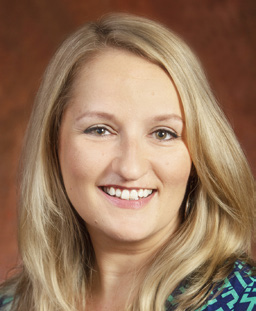 Associate Professor in the School of Communication Science and Disorders, Kelly Farquharson, and her team were recently published in the American Journal of Speech-Language Pathology.
Associate Professor in the School of Communication Science and Disorders, Kelly Farquharson, and her team were recently published in the American Journal of Speech-Language Pathology.
This publication is the result of a multi-site research group lovingly referred to as “BILL,” or Brain Injury, Language, and Literacy. The team is composed of two Traumatic Brain Injury (TBI) researches and three language/literacy researchers. The overall goal of the project was to conduct research that helps us better understand what happens when a child who has experienced TBI goes back to school after their accident. Their focus revolved around the kinds of support and services offered to students with TBI and how clinical experience and work environments impact TBI intervention.
The group’s study included 162 speech-language pathologists (SLPs) who “responded to a national survey about their comfort providing intervention to children with TBI, clinical experience (i.e., years of experience treating children with TBI, TBI preprofessional training and professional development, and licensure/credentialing), and work environment (i.e., work setting, caseload size, geographic location),” says the abstract. They found that most SLPs feel comfortable providing intervention to children with TBI, but specific steps can be taken to increase that level of comfort across the board.
Although further research is needed to determine how much SLP comfort impacts the level of care children with TBI receive, increasing SLPs hands-on training with children with TBI is one proposed method of increasing that level of comfort.

